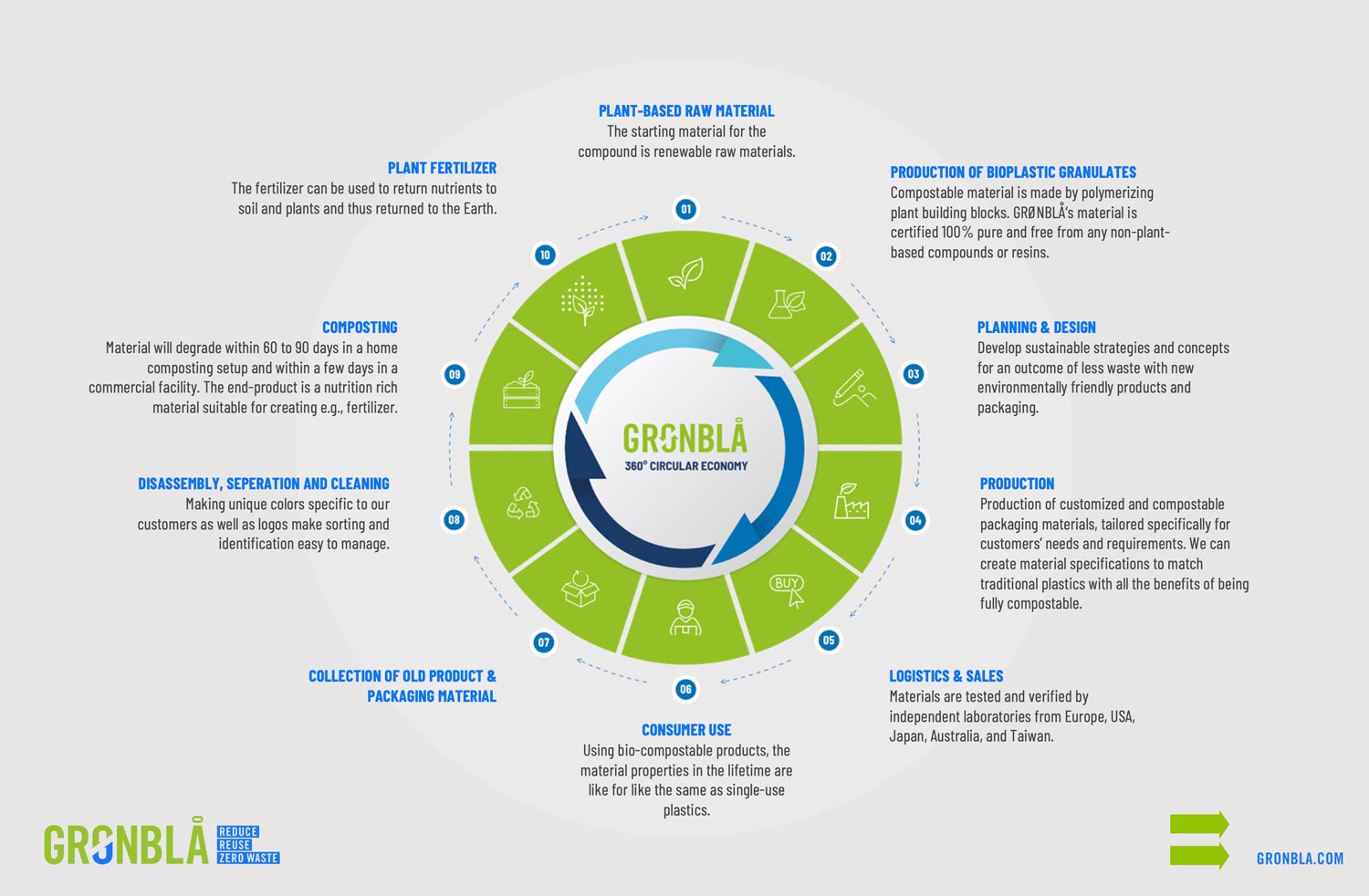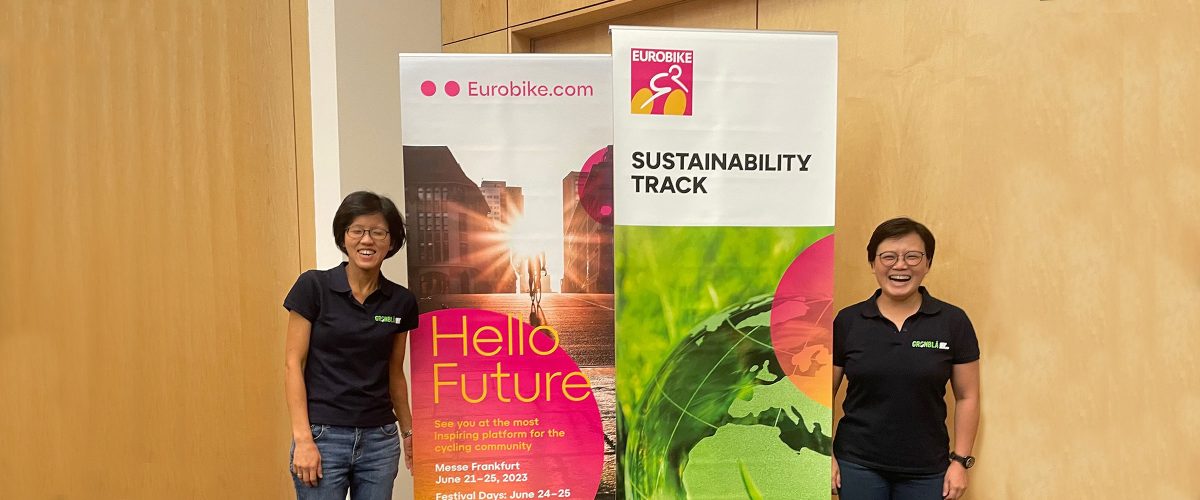2. January 2023
Can plastic be part of a sustainable future? Why not?
Today, most of the world's waste consists of single-use plastic packaging. However, our problem today is not the material, but the way it is disposed of. What many people don't realize is that less than 10% of these have been recycled. Most plastics, especially packaging, end up in waste incineration or enter the sea via detours. Among other things, dangerous microplastics are created that remain for decades and enter our food chains.
In the past about seven billion tons of plastic have been produced, 98% of which are made from fossil raw materials. Plastics are currently responsible for just about 4% of the Earth's greenhouse gas emissions - a figure that continues to grow. Plastics produced from biomass reduce the use of fossil feedstock in plastics manufacturing. Their source of carbon isn’t fossil resources, but renewable resources, and they reduce the life cycle emissions of plastics.
Today everybody needs to think about what he or she can do for the planet. For businesses it is not enough to have sustainable products, such as in the bicycle industry. Production, packaging, transportation, and recycling must also be sustainable. That's what communities of nations and investors are currently making a goal of. They are demanding sustainability reports and pushing for change. Being well positioned for the future therefore also means acting sustainable.
Overcoming these challenges requires a number of solutions, including implementing new raw materials for plastics production, rethinking plastic waste management, and identifying applications in which plastics usage might be reduced.
With GRØNBLÅ to 100% sustainable plastics GRØNBLÅ aims to replace products made from conventional plastic with 100% compostable bio-based materials and products. Under the claim "Reduce - Reuse - Zero Waist", decades of know-how from the production and packaging of bicycles is combined with the expertise and capacities of a world-leading manufacturer of 100% compostable material.

Not just a product, but a complete circular economy system We use certified biocompostable material to manufacture products from natural, renewable resources. Together with our customers, we can set up compostable systems internally, using advanced biological technology with uniquely modified bacterial strains and enzymes to break down the material faster. Through our degradation process, we can convert our material into commercially valuable organic compounds such as organic fertilizer for replanting forests, flowers and even commercial agriculture. In order to make new ideas a success, it is necessary for all players in this cycle to take on more responsibility and work more closely together - from designers and producers to retailers and consumers.
Let's start.

